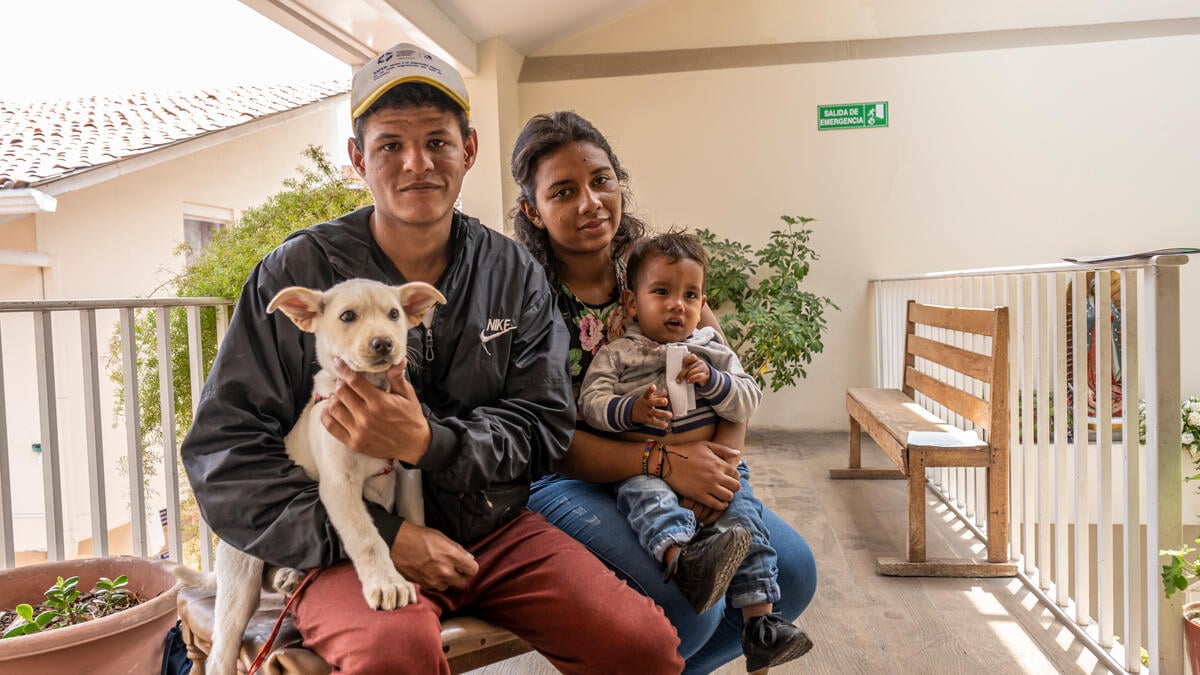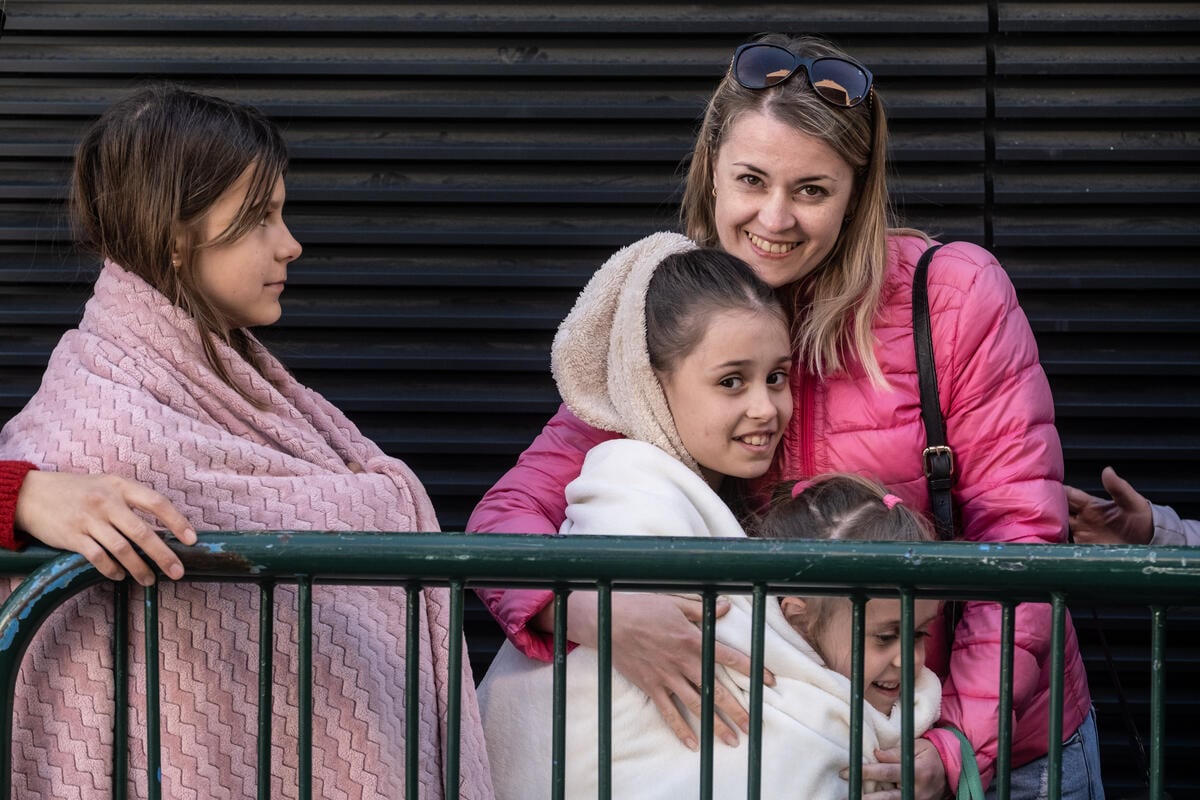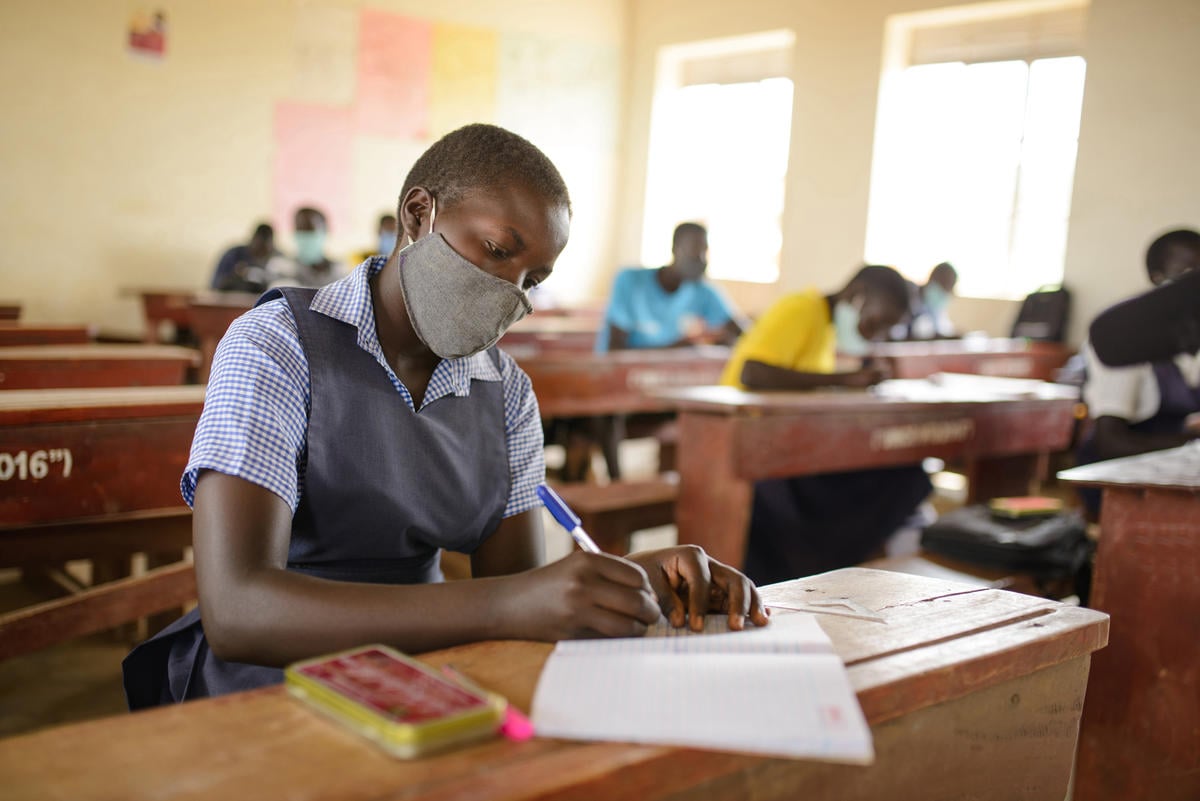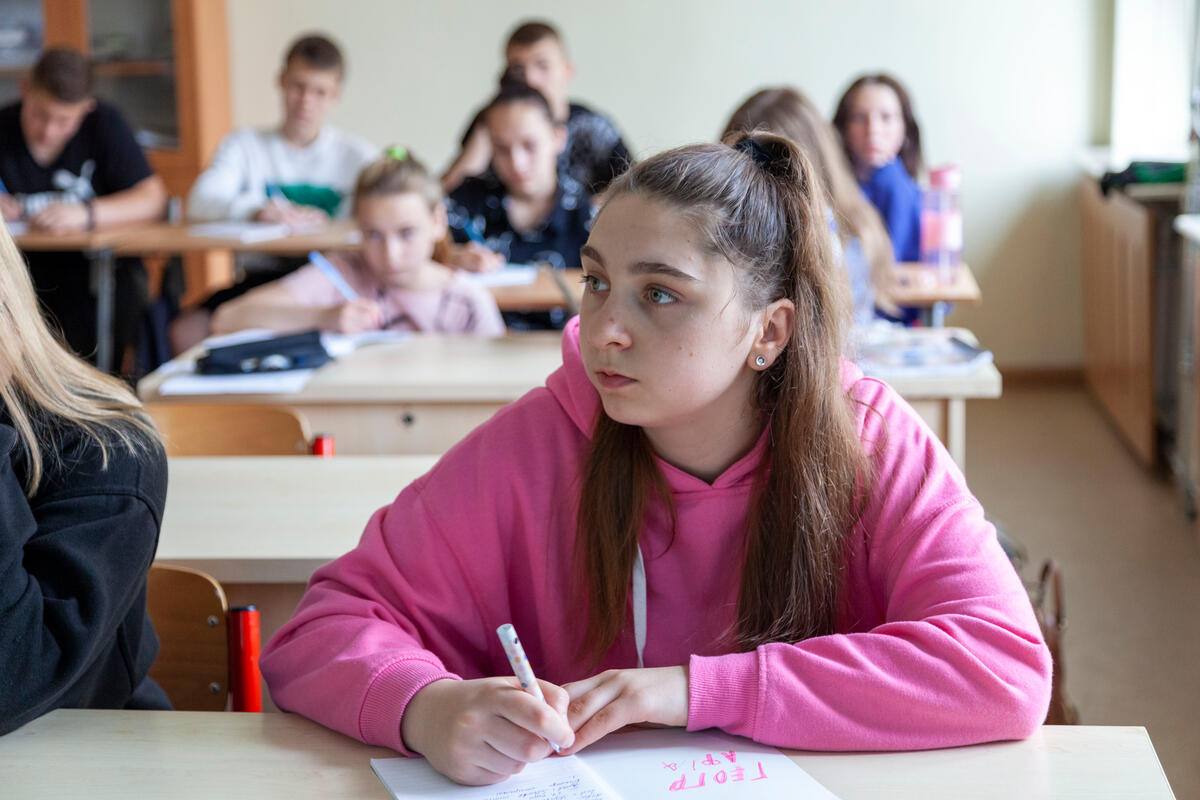UNHCR urges more support to boost refugee access to tertiary education
UNHCR urges more support to boost refugee access to tertiary education

Only three per cent of refugees have access to higher education, according to UNHCR, the UN Refugee Agency. In its “Refugee Student Voices: Refugee Students In Higher Education” report released this week, UNHCR is calling for critical support to scale up existing programs and to help secure futures.
“In recent years the level of forced displacement has increased. This represents a serious problem for children who account for half of the world’s refugee population. Without educational opportunities their chances of leading a productive life are severely constrained,” said Ewen Macleod, Director of UNHCR’s Division of Resilience and Solutions.
“Access to higher education can change lives. It creates opportunities for refugees that may not otherwise exist given their experience of conflict and displacement. It helps them shape their own futures, earn a living and to contribute fully to their community.”
While prospects for refugees to attain higher education are limited, substantial progress has been made to expand the current pool of opportunities.
The three per cent of refugees enrolled in tertiary education, as of the end of 2018, is a small but impactful increase when compared to the previous year in which only one per cent of refugees were enrolled in higher education. This is largely attributable to a greater acceptance on the part of states, education institutions and partner organizations of the importance of tertiary education for refugees.
The Refugee Student Voices report also highlights the growing demand for higher education from refugees around the world, with the number of refugee students enrolled through UNHCR’s higher education scholarship program, DAFI (Albert Einstein German Academic Refugee Initiative), at a record level since its inception almost three decades ago.
Last year 6,866 young refugees enrolled in higher education in 51 countries through the program which represents the highest annual number of DAFI scholarships awarded.
The regional distribution of scholarships reflect global displacement trends. In 2018 DAFI scholarship recipients came from 39 countries with Syrian refugee students representing the largest cohort (36 per cent), followed by refugee students from Afghanistan (14 per cent), South Sudan (12 per cent), Somalia (10 per cent), the Democratic Republic of Congo (5 per cent) and Sudan (4 per cent).
The top five refugee host countries of study for DAFI students were Turkey (12 per cent), Ethiopia (12 per cent), Jordan (11 per cent), Uganda (7 per cent) and Kenya (6 per cent), also reflective of global refugee movements.
“Having experienced displacement, I lived and studied in a host community where basic services, such as education, were widely overstretched,” said Foni Joyce, a refugee DAFI graduate also serving as a co-chair of UNHCR’s Global Youth Advisory Council.
“Having a DAFI scholarship helped me to realize my full potential. It not only enabled me to look forward to a better future but gave me the opportunity to take an active role in supporting my family. It has also led me to start thinking of ways to create employment, rather than just becoming a job seeker.”
The DAFI refugee scholarship program was launched in 1992 by UNHCR and the German government and has supported more than 15,500 young refugees with tertiary scholarships in 51 countries.
Aiming to support national education systems, the program prioritizes refugee enrolment in public higher education institutions, which account for 73 per cent of all DAFI student enrolments.
Scholarships are provided through a competitive selection process and cover education and other associated costs. As part of the program, UNHCR and partners also support students beyond enrolment, through monitoring, preparatory courses, language classes and psychosocial support to ensure retention.
The program also support students transition from education to post-graduation by providing skills training, internships and mentoring, and organizing volunteering and networking opportunities.
With the number of DAFI scholarships offered to refugees constrained by resource limitations, UNHCR is calling for more States to step forward and support the program.
This year, UNHCR aims to increase the number of scholarships to help more than 8,000 refugees access higher education. It has also expanded the program to include Mexico, Afghanistan and Somalia, in response to new displacement and return situations.
The DAFI program has been largely funded by the German government, which supported 90 per cent of its total budget of USD 20.1 million last year.
UNHCR is also calling for more support to enable refugee inclusion in quality national education systems in refugee host countries.
Rallying support for education, including at the tertiary level, will be a key objective of the forthcoming Global Refugee Forum, which takes place in December 2019 and is a critical opportunity to strengthen the world’s collective response to refugee situations.
A link to the Refugee Student Voices report is available here.
For more information, please contact:
- In Geneva, Shabia Mantoo, [email protected], +41 79 337 76 50









